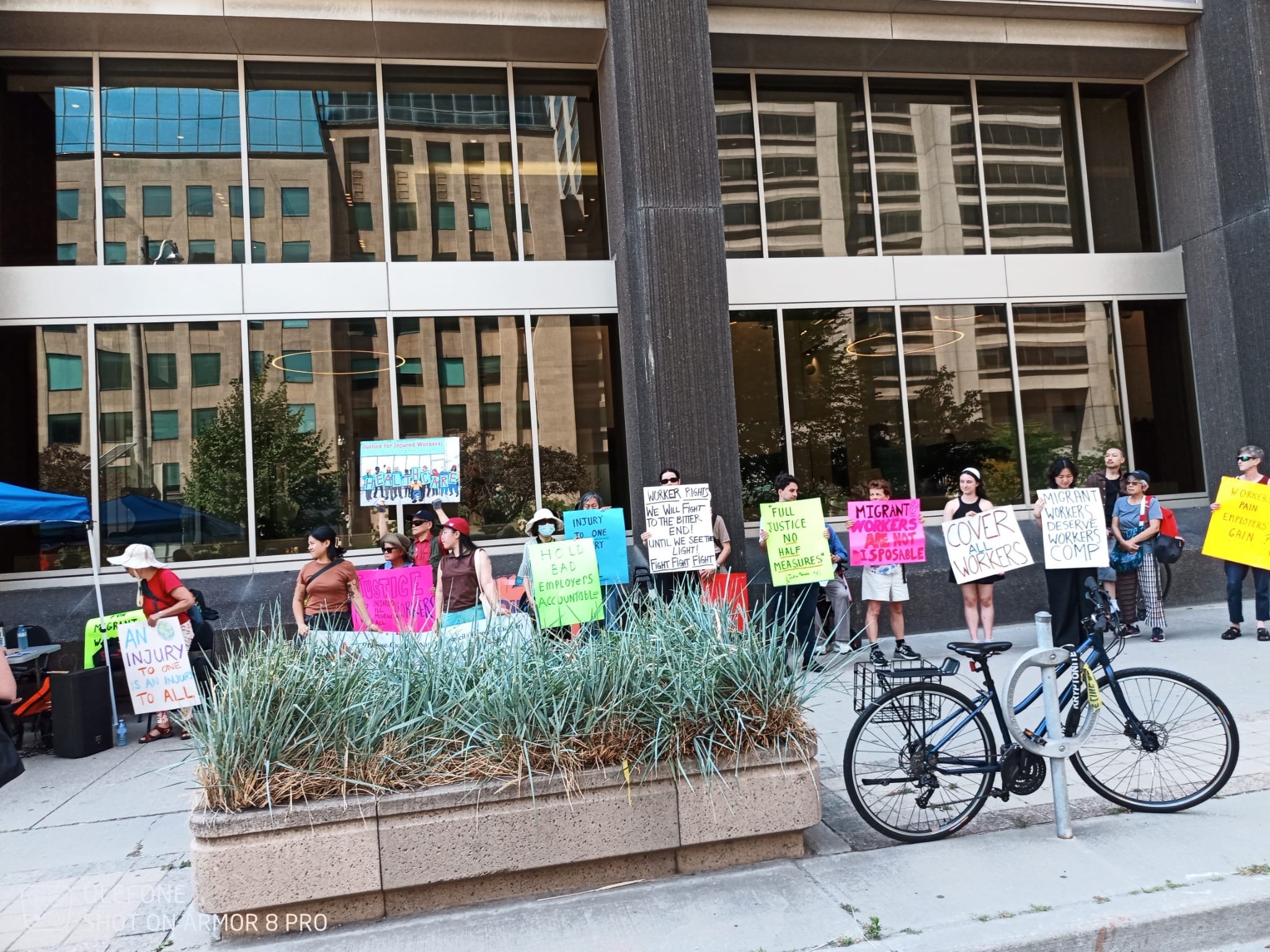'Once you start taking that threat away, you could return to where they'll throw safety to the wind'

The U.S. Department of Labour has announced plans to revise or eliminate more than 60 workplace regulations.
Among the proposed changes, the power of the Occupational Safety and Health Administration (OSHA) to punish employers for unsafe working conditions when there’s no specific standard in place to cover a situation would be limited, the Associated Press (AP) noted.
The agency would be banned from applying the clause to prohibit, restrict or penalise employers for “inherently risky professional activities that are intrinsic to professional, athletic, or entertainment occupations,” according to the report.
A preliminary analysis identified athletes, actors, dancers, musicians, other entertainers, and journalists as among the types of workers the limitation would apply to.
“It is simply not plausible to assert that Congress, when passing the Occupational Safety and Health Act, silently intended to authorise the Department of Labour to eliminate familiar sports and entertainment practices, such as punt returns in the NFL, speeding in NASCAR, or the whale show at SeaWorld,” the proposed rule reads, according to the report.
Making that move would be a mistake, according to Debbie Berkowitz, who served as OSHA chief of staff during the Obama administration.
“Once you start taking that threat away, you could return to where they’ll throw safety to the wind, because there are other production pressures they have,” Berkowitz said in the AP report posted in City News.
Other proposals
The other proposed changes, revealed this month, would affect a broad range of sectors, including home health care, construction, agriculture, and mining, according to the report.
If implemented, the changes would roll back protections for millions of workers. One proposal would remove federal minimum wage and overtime requirements for approximately 3.7 million home health care workers, reverting to standards in place before 2013. The department claims this could help expand access to home care by lowering labour costs, but critics warn it would leave a largely female and minority workforce more vulnerable to financial hardship and injury.
Other proposed changes include rescinding requirements for seat belts in employer-provided transportation for migrant farm workers and eliminating rules that protect these workers from employer retaliation. Worker advocates argue that these rollbacks would make it easier for employers to avoid safety and anti-retaliation measures, while some industry groups support the changes, saying current regulations are overly complex and burdensome.
In construction, OSHA is seeking to remove a specific requirement for adequate lighting at worksites, stating that general safety clauses are sufficient. However, safety advocates point to fatalities linked to inadequate lighting and stress the need for explicit standards.
The proposals also target mine safety regulations, including removing the authority of Mine Safety and Health Administration (MSHA) district managers to require additional safety measures or training changes. The Department of Labour says these powers allow for excessive regulatory intervention, but safety experts caution that the move could weaken protections for miners.
“The Department of Labour is proud to lead the way by eliminating unnecessary regulations that stifle growth and limit opportunity,” Lori Chavez-DeRemer, Secretary of Labour, said in a statement, according to AP.
The statement also said the plan is the “most ambitious proposal to slash red tape of any department across the federal government.”
‘The very definition of union-busting’
In March, U.S. President Donald Trump signed an executive order to end collective bargaining with federal unions in a number of government agencies, including the Department of Defense, Department of Energy, Department of Treasury, among others.
That did not sit well with the American Federation of Labor and Congress of Industrial Organizations (AFL-CIO).
“Straight out of Project 2025, this executive order is the very definition of union-busting. It strips the fundamental right to unionise and collectively bargain from workers across the federal government at more than 30 agencies,” said AFL-CIO President Liz Shuler.
“The workers who make sure our food is safe to eat, care for our veterans, protect us from public health emergencies and much more will no longer have a voice on the job or the ability to organise with their co-workers for better conditions at work so they can efficiently provide the services the public relies upon. It’s clear that this order is punishment for unions who are leading the fight against the administration’s illegal actions in court—and a blatant attempt to silence us.”
Previously, numerous safety organizations sounded the alarm amid reports of mass layoffs at the National Institute for Occupational Safety and Health (NIOSH) in the U.S.
File photo from the U.S. government's White House





